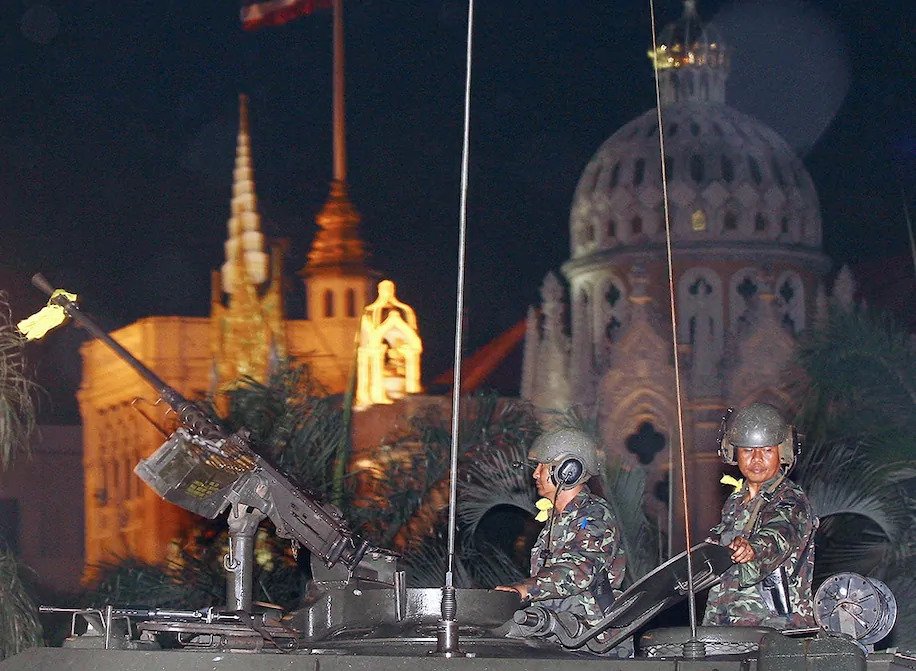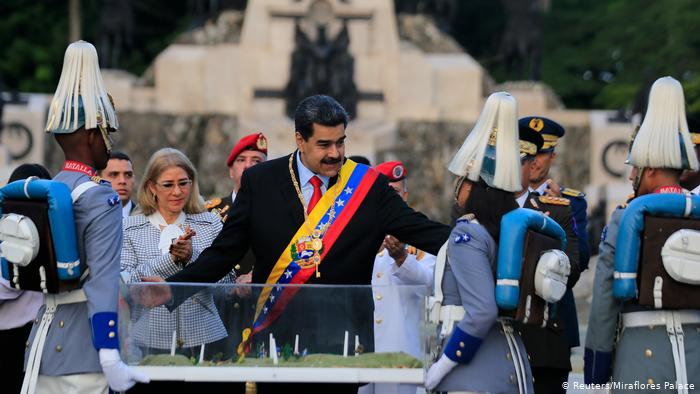
Thailand has experienced a dozen or so successful coups since the 1930s, including the most recent in 1991, 2006 and 2014. Mostly, Thai coups are sudden and speedy events designed to show any opposition that it is already too late to put up a fight. They are usually led by top army generals and armed troops are on the streets in lightning maneuvers. The 2014 putsch was unusual in the sense that tanks were not involved in surrounding public buildings and the event had been anticipated by the army’s declaration of martial law the day before, using the little-known martial law act of 1914. As in all Thai coups, the constitution was summarily suspended.
Since the US presidential election on November 3, 2020, Donald Trump has been involved in an auto or self-coup designed to prolong his hold on power dubiously even though he lost the election. But it has been a very different scenario from the Thai experience. Trump has sanctioned incoherent lawsuits, late-night champagne parties in Trump hotels for election canvassers and officials and tweets riddled with grammatical errors. Even Trump nominees including 200 circuit judges, three members of the Supreme Court and the attorney general William Barr have declined to support the president’s contention that the recent election was spoiled by massive fraud perpetrated by his political opponents.

This scenario relates not at all to the history of Thai coups, but Latin America provides a much closer analogy. That continent is full of examples of slow-motion attempted putsches since 1930. For example, the Nicolas Maduro regime in Venezuela in 2015 lost parliamentary elections and undermined the outcome by accusations of foreign and domestic meddling and fraud. The next year, the president sought to extend his term of office through a constitutional referendum which scraped by. During Maduro’s later years, the Liberation of the People Operation was launched by military forces to target Maduro’s opponents which resulted in at least 9,000 deaths. So common have slow-motion coups in Latin America been in the last 90 years that there is even a special word in Spanish to describe them: “autogolpe.”
Although Trump did not go that far in 2020 to steal the election, there are signs that he wanted to. Trump lobbied Barr to arrest his political opponents and tried to use the postal system to disqualify postal votes. The president attempted to get Ukraine to invent compromising political dirt on Joe Biden which led to a failed impeachment process in Washington.

Michael Flynn, Trump’s pardoned national security advisor, called recently for the suspension of the constitution and the holding of another election (and presumably a third if necessary). The president has also toyed with using active-duty military troops to suppress protestors, but was warned off by top army brass.
Trump’s inability to control the armed services, his position as commander-in-chief notwithstanding, could be the factor which prevented a successful coup this time around. Trump is still trying to get Republican states to appoint new electors to deny Biden victory by switching votes in the Electoral College. Unlikely to succeed, but nobody can be sure.
But the cat is out of the bag in a new age of soft or post-modern coups which owe nothing to the orthodox Thai tradition. Suppose in 2024, the presidential race is much closer than in 2020. The fallout could be very different and the courts much more ambiguous in approach. Moreover, Trump’s lawsuits – mostly handled by his personal lawyer Giuliani – were laughed out of many courts. But the lawyers might be much smarter next time, especially if the outcome is less clear and whether or not Trump is a candidate for the highest office. If United States democracy has indeed recovered from a near-death experience, there is no guarantee she won’t be back in intensive care in 2024.





